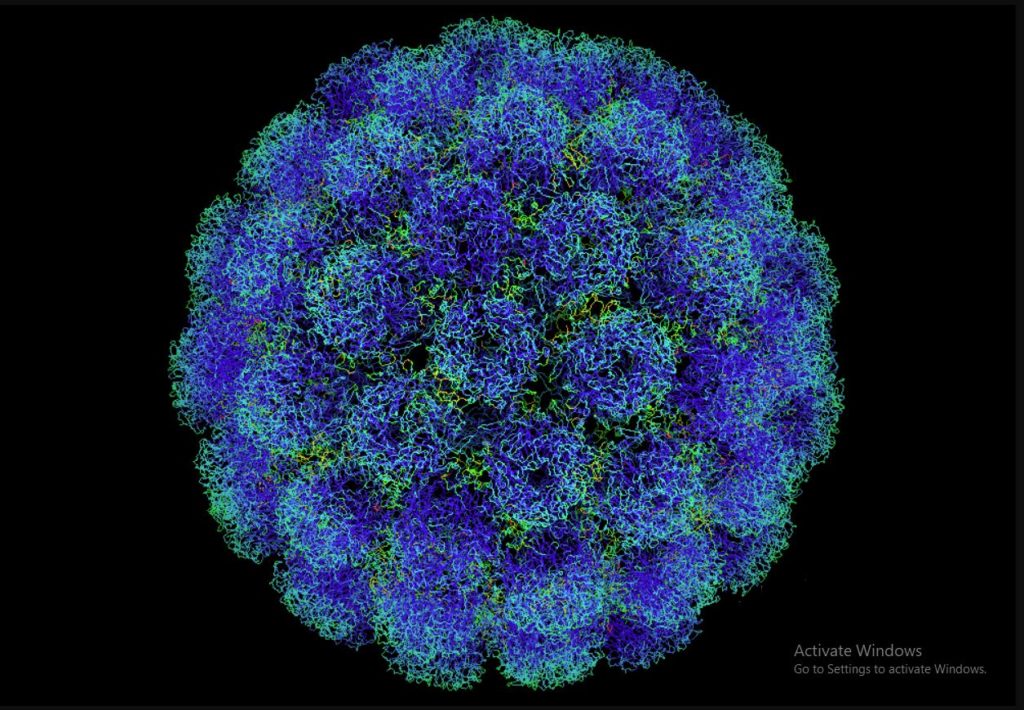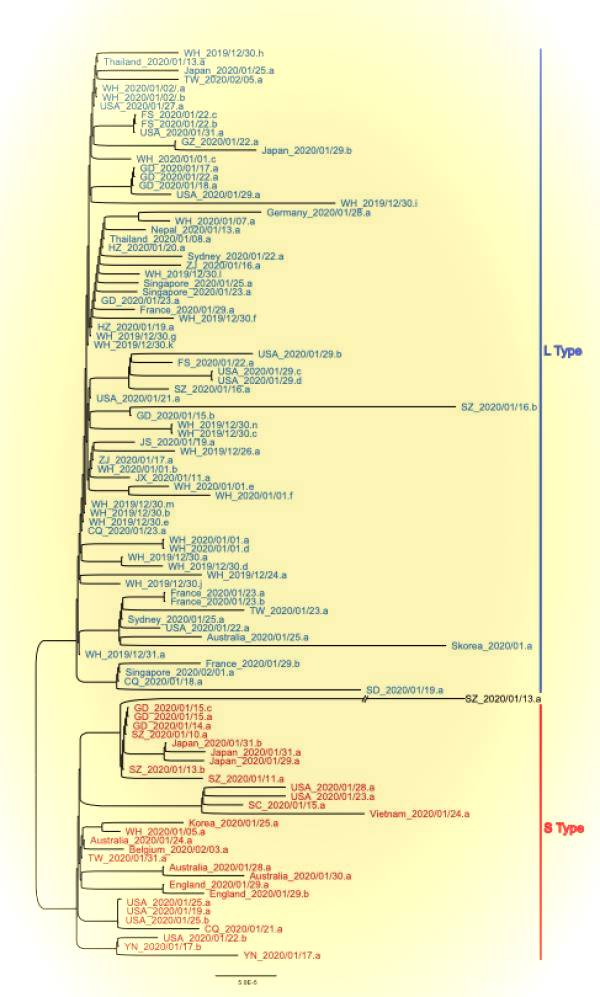Chinese Scientific Research: New coronavirus has been mutated!

Where does the New Coronavirus Come from? Does it change?
This is a problem that is of great concern to the general public in the scientific field, and scientific research has been successful.
On March 3, The Chinese Academy of Sciences published a paper entitled “On the origin and continuing evolution of SARS-CoV-2”. This paper is published by Lu Jian and Cui Jie. Lu Jian is a researcher at the Bioinformatics Center of Peking University. And Cui Jie is a researcher at the Chinese Academy of Sciences of Shanghai Pasteur Institute.
The article states that through the analysis of the largest genome of 103 new coronaviruses so far, it has been found that the new coronavirus has recently developed 149 mutation points and developed into two subtypes, 101 belong to both species of sub-types.
New Coronavirus has recently generated 149 mutation points and evolved into two subtypes
An L subtype, which is relatively older and closer to the phylogenetic tree from bats to coronaviruses, accounting for about 70% higher;
The second is the S subtype, which is more aggressive and contagious but accounts for 30% of the total.
According to reports, the difference between the two subtypes is on the 28144th site of the viral RNA genome. The L subtype is T base, which is equivalent to leucine Leu. And S subtype is C base, which is equivalent to Siren serine Ser.

According to this article, according to the evolution of the new Coronavirus. There can be a significant difference between the transmission and the severity of the disease transmission between the L subtype and the S subtype. Of these, the type of L was more common at the beginning of the outbreak in Wuhan. But the human intervention has reduced it since early January this year.
So far, most patients with new coronavirus pneumonia have been affected by only one of this subtype. The virus has been isolated from a recent US patient who moved to Wuhan. Suggesting that they may be affected by both subtypes. But new mutations have not been excluded.
Some experts have commented that this study has a strong guide to the discrimination, prevention and control of new coronavirus artery disease.
Also, Read
New coronavirus epidemic spreads globally
WHO raises global risk assessment for new coronavirus outbreak






